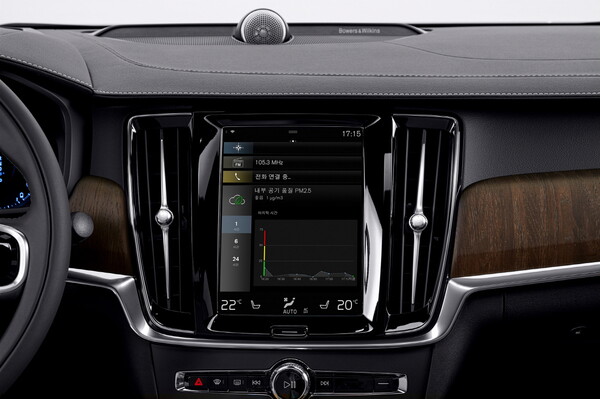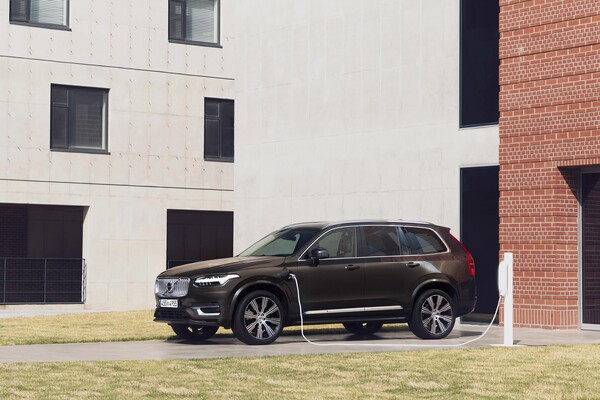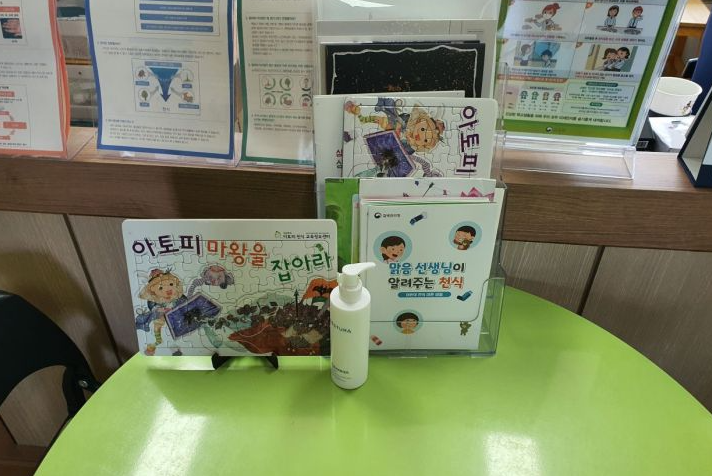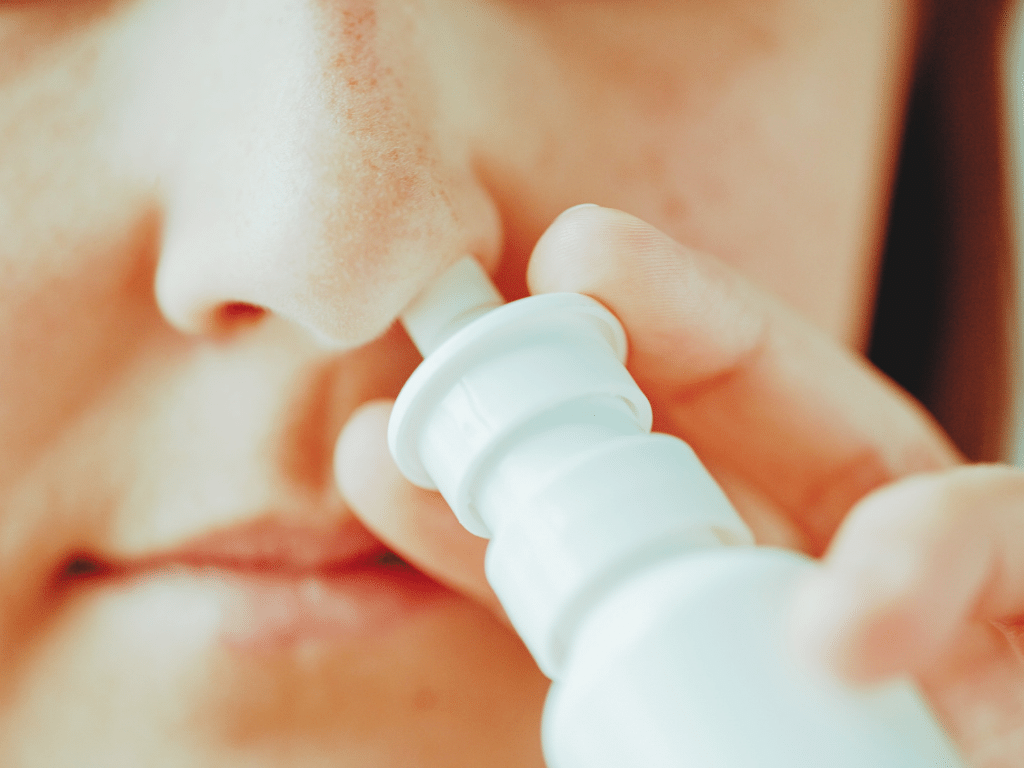

Volvo Motors announced on the 18th that its advanced air purification technology has been verified by two international certification agencies, Allergy Standards Limited (ASL), and OFI, an independent research and testing agency in Austria.
The “Advanced Air Cleaning” function is a fully automatic system that prevents pollutants such as fine suspended particles and exhaust gases from entering the vehicle through cabin filters. It uses synthetic fiber-based filters and has an ionization function, removing up to 95% of ultrafine dust, the most harmful particles contained in indoor air.
First of all, in the ASL test, the “Advanced Air Cleaning” function was certified as a product that helps asthma and allergies by removing up to 99.9% of grass, wood, and weed pollen allergies in the outside air. ASL is an independent certification authority that helps consumers identify products suitable for use by asthma/allergic patients.
According to the World Health Organization and the World Allergy Organization, allergies, asthma, and air pollution are negatively affecting hundreds of millions of people around the world. As a result, Volvo Motors is actively helping people breathe cleaner air by applying state-of-the-art air purification functions that provide more improved in-vehicle air quality to the latest vehicles. Volvo Motors believes that clean air provides various benefits to individual health and safety, and plans to continue to improve these areas when developing vehicles in the future.
Volvo Cars XC90 Recharge PHEV. Photo = Volvo provided by Korea
Dr. Maria Bernander, an expert on passenger health effects at Volvo Cars, said, “We will help reduce the adverse health effects related to air pollution, allergies and fine dust by helping customers improve the air quality inside Volvo vehicles.”
In addition, the “Advanced Air Cleaning” function can remove more than 97% of viruses in the air flowing into the car and remove up to 95% of the existing virus concentration in the car. In a recent test conducted by OFI, an independent research and testing agency in Austria, Volvo filters and ionization functions have high virus filtration efficiency, which is very effective in blocking viruses in the air.
In the future, Volvo Motors will be the first car manufacturer in the world to provide real-time outdoor pollen levels to drivers through its own app. The actual outdoor pollen concentration and air quality in the car are displayed in real time on the vehicle center display, allowing drivers to determine whether indoor air purification is necessary.
Volvo Motors will increase its competitive edge by providing a more comfortable and healthy driving experience by regularly testing and developing vehicle air purification functions, said Anders Löbendal, an in-vehicle air quality technology expert and function manager at Volvo Motors.
Volvo’s latest air purification technology is equipped with the world’s first sensor released in 2020. Through this sensor, indoor air quality is measured up to PM 2.5 level, and customers can compare it to external air quality level.
PM 2.5, which represents the amount of fine particles in the air, is a widely used criterion for measuring air quality. In many urban areas around the world, PM 2.5 levels exceeding the WHO recommendation criteria are causing various problems, thus emphasizing the need to minimize their impact.
Meanwhile, Volvo Cha Korea is introducing an “Advanced Air Cleaning” function with PM 2.5 sensors and particulate filters that filter ultra-fine dust in its major models, XC90, V90CC, XC60, V60CC, and S60, starting with the Swedish luxury flagship sedan S90, which was released in Korea in September 2020.
Source: Daily Korea (daily.hankooki.com)

